Aurobindo Ghosh Philosophy of Aims of Education:
(1) Physical Development and Purity- One of the important aims of education is to achieve the complete physical and pure development of a child. To Sri Aurobindo, it is the body that performs all religious obligations. He not only emphasises mere physical development but physical purity also. Without physical development and physical purity, no spiritual development is possible. This physical development and physical purification are the two bases on which the edifice of spiritual development is built.
(2) Development of Senses- Development of senses (touch, smell, taste, sight, sound or listening) is the second aim of education according to Sri Aurobindo. These senses can be completely trained when Nerves, Chitta and Manas (mind) are pure. Hence purity of senses is to be achieved through education before any development is possible. Yoga with the exercise of Pranama brings about purification and helps sensitivity and intuition.
(3) Mental Development- Another aim of education is to achieve the mental development of the pupil. Mental development means the development of all mental faculties like memory, imagination, thinking, reasoning, creativity, discrimination, observation, comprehension, comparison, classification, generalization, judgement etc. Education is to develop them fully and harmoniously.
(4) Development of Conscience- Development of conscience is another important aim of education according to Sri Aurobindo. Conscience has four levels namely Chitta, Manas, Intellect and Intuition. A teacher should develop all these four levels harmoniously. It will promote the development of conscience.
(5) Development of Morality- Another indispensable aim of education is to develop the pupil morally. According to Sri Aurobindo, only that education is true which helps the child to develop his intellectual and moral capacities to their highest limit. Without moral and emotional development, mental development becomes harmful to human progress. For the moral development of a pupil, emotions, impressions or habits and nature or temperament are the three essential factors. He yearned to be educated in the true sense of the term by the purification and sublimation of these essential factors. The hearts of children should be so developed as to show extreme love, sympathy and consideration for all living beings. This is real moral development.
(6) Spiritual Development-Sri Aurobindo asserted that the main aim of education is to promote spiritual development. He believes that every human being has some element of divinity in him. The evocation of this conscious power of the divine within is the real aim of education and the education which does this is true. The fulfilment of the individual does not consist in the utmost growth of his egoistic intellect, vital force, physical welfare and the maximum satisfaction of his physical, emotional and mental cravings, but the developing of the divine in him to the maximum limit of power, love, wisdom and universality. It is through this developing of the divine that the individual will attain the maximum realization of all the possible beauty and delight. The education which helps one in this developing is true. In the words of Sri Aurobindo, “The chief aim of education should be to help the growing soul to draw out that in itself which is best and make it perfect for a noble cause”.
(7) Emphasis on Individual Aim- Sri Aurobindo emphasizes the individual aim of education. He considers the ultimate aim of education as the realization of the Self, in accordance with the teachings of Vedanta Philosophy. Only that education is true which helps one to realize one’s real self. Man has within him not only the physical soul or one’s real self but also a vital, mental, psychic, super mental and spiritual being. Only that education is true which helps one to become actively conscious of these powers and the development of personality. The development of personality means the development of all aspects- physical, emotional, intellectual, mental, supramental or intuitive, and leading to the Supreme Spiritual Being. Education should enable the integral growth and development of all the potential powers of the individual.
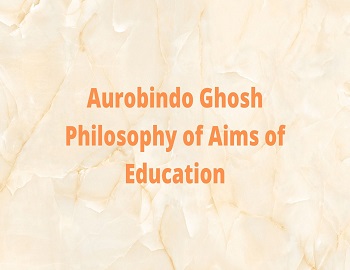
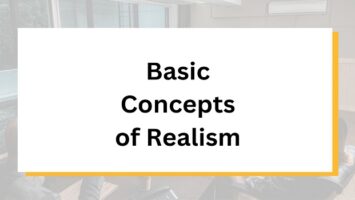


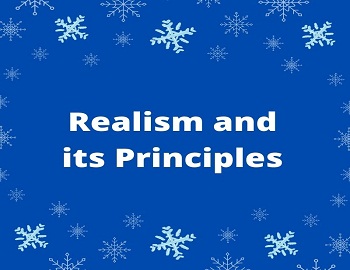

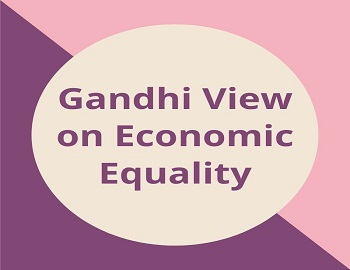

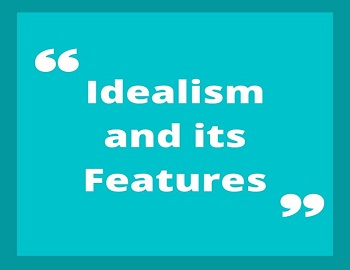
Comments (No)